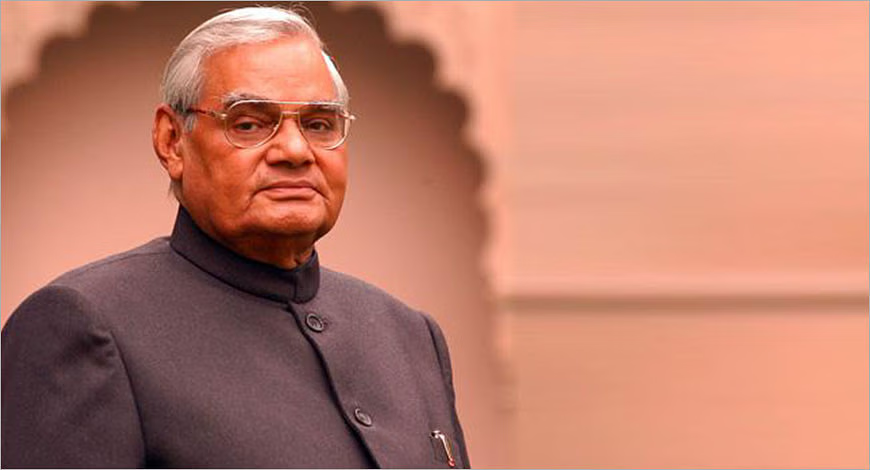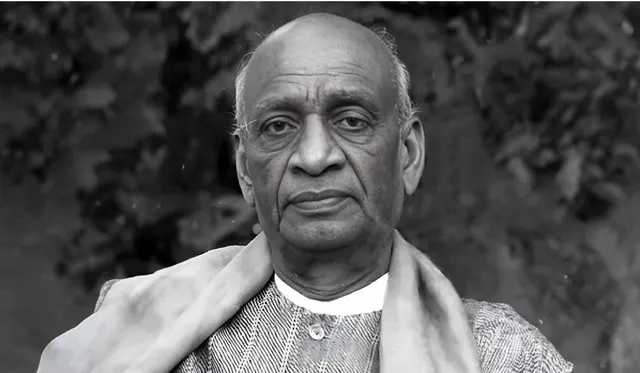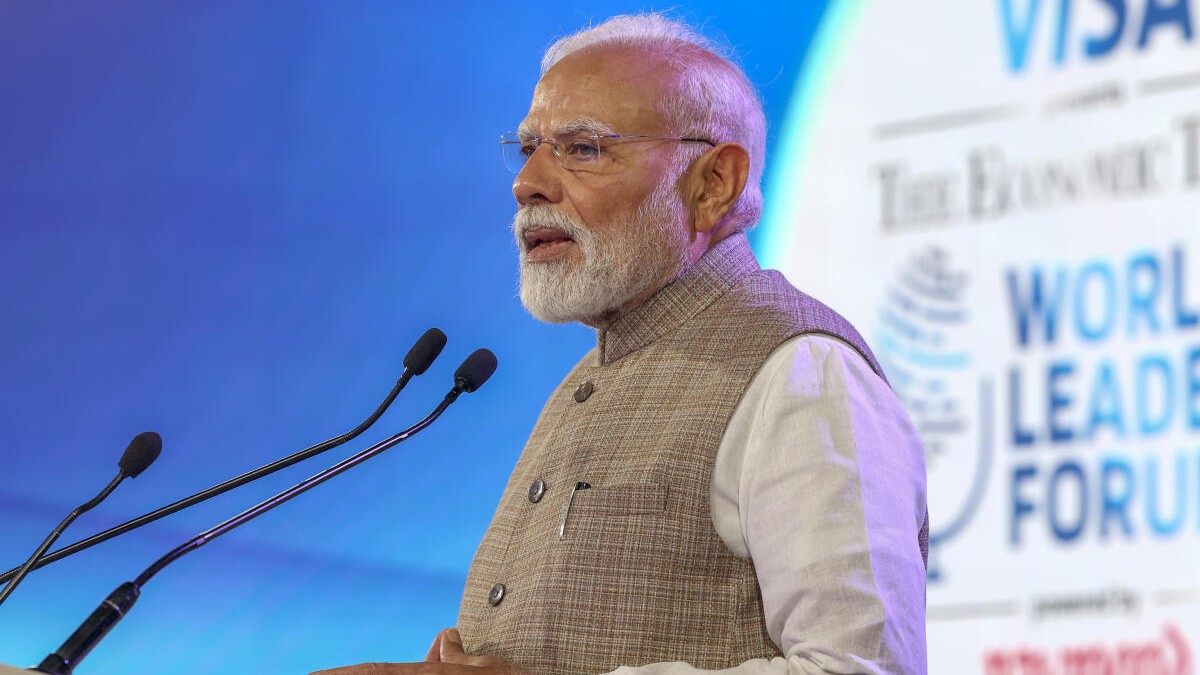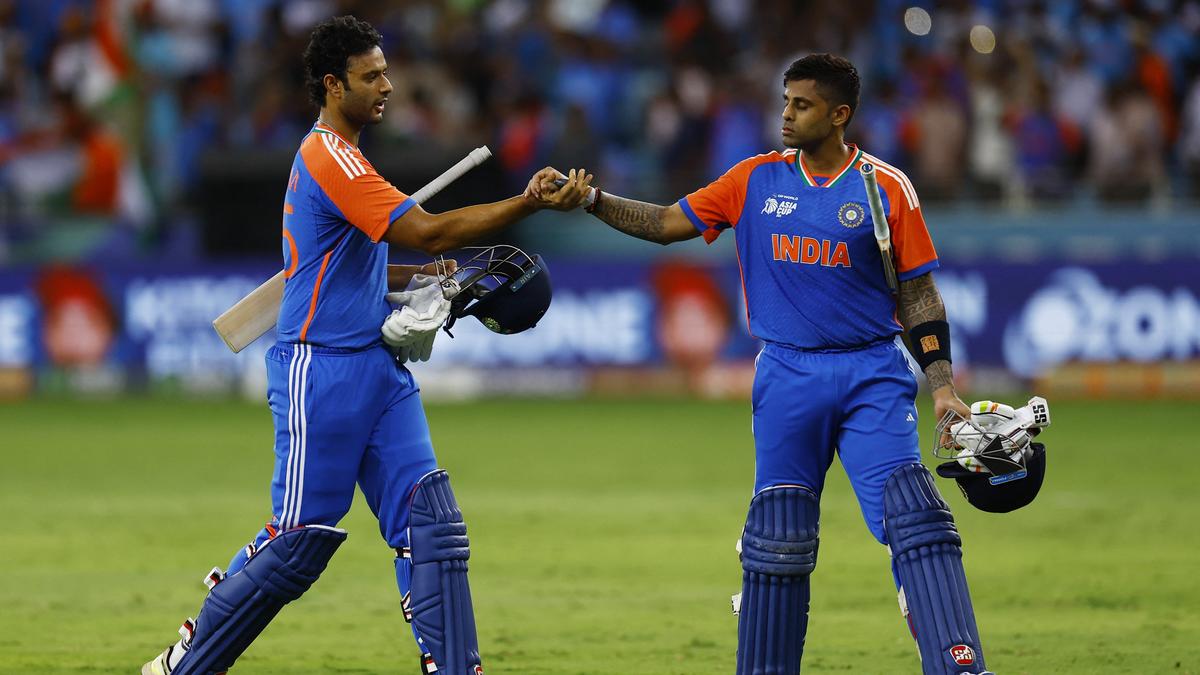Indira Gandhi Biography: Life, Achievements, Controversies, and Legacy
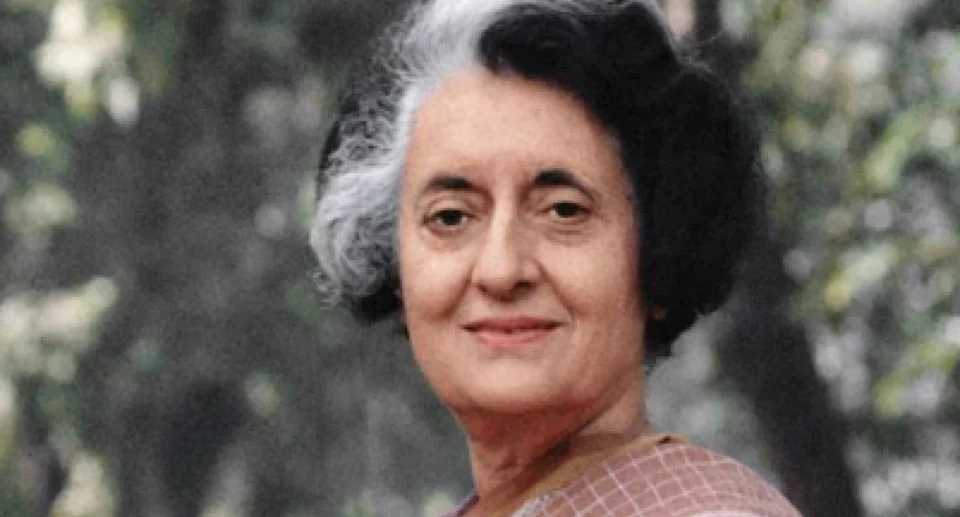
Introduction
Indira Gandhi was the first and only woman Prime Minister of India, remembered as one of the most powerful and controversial leaders in the nation’s history. Serving four terms, she reshaped Indian politics with her bold decisions, dynamic leadership, and centralization of power. From leading India during the 1971 war with Pakistan to declaring the Emergency (1975–77), her career left a lasting mark on the country’s democracy.
Early Life and Education
- Full Name: Indira Priyadarshini Gandhi
- Born: November 19, 1917, in Allahabad (now Prayagraj), Uttar Pradesh
- Parents: Jawaharlal Nehru (India’s first Prime Minister) and Kamala Nehru
- Education: Studied at Visva-Bharati University (Shantiniketan) and later at the University of Oxford in England.
- From a young age, she was deeply influenced by the Indian independence movement and her father’s political career.
Entry into Politics
- Indira Gandhi joined the Indian National Congress, gradually rising within the party.
- She served as her father’s aide during his time as Prime Minister.
- After Jawaharlal Nehru’s death in 1964, Lal Bahadur Shastri became Prime Minister. Following his sudden death in 1966, Indira Gandhi was chosen as his successor.
Prime Ministership
First Tenure (1966–1977)
- Became India’s first woman Prime Minister in 1966.
- Nationalized banks and abolished the privy purses of former rulers, earning the title of a leader for the masses.
- Introduced the Green Revolution, which made India self-sufficient in food grains.
- In 1971, led India in the Indo-Pak War, resulting in the liberation of Bangladesh.
The Emergency (1975–1977)
- In 1975, Indira Gandhi declared a state of Emergency, citing threats to national security.
- Fundamental rights were curtailed, opposition leaders jailed, and press censorship imposed.
- This period remains the most controversial chapter of her career.
Return to Power (1980–1984)
- After losing the 1977 elections, she made a political comeback in 1980.
- Faced increasing unrest in Punjab, leading to Operation Blue Star in 1984, when the Indian Army stormed the Golden Temple to remove militants.
Assassination
On October 31, 1984, Indira Gandhi was assassinated by her own Sikh bodyguards in retaliation for Operation Blue Star. Her death triggered widespread anti-Sikh riots across India.
Achievements
- First and only woman Prime Minister of India.
- Strengthened India’s defense and foreign relations.
- Led India to victory in the 1971 war.
- Laid the foundation for India’s nuclear program.
- Advanced agricultural reforms through the Green Revolution.
Controversies
- The Emergency period (1975–77).
- Allegations of authoritarian rule.
- Operation Blue Star and the subsequent communal unrest.
Legacy
Indira Gandhi remains a towering figure in Indian politics. She is remembered both as a strong leader who could take bold decisions and as an authoritarian who tested the limits of democracy. Her legacy continues to shape political discourse in India even today.

